Breite Straße 92-98
50667 Köln
Germany
The Agrippinahaus was one of the most important commercial and office buildings of its time and, in addition to stores and the Agrippina-Lichtspiele, also housed important political organizations of Jews in the German Reich. Among others, the "Centralverein deutscher Staatsbürger jüdischen Glaubens" (Central Association of German Citizens of the Jewish Faith) and the "Zionistische Vereinigung" (Zionist Association), which represented different positions and had a conflictual relationship with each other, moved into the building.
Founded in Berlin in 1893, the "Centralverein" initially had the objective of acting as a Jewish defense organization to preserve equal rights and combat anti-Semitism. In this role, the association primarily offered help in legal matters, but in the course of time it also increasingly advocated strengthening Jewish self-confidence and the integration of Jews. For example, Bernhard Falk, a Cologne justice councilor and member of the Centralverein, demanded: "We have a right to be recognized as what we are and what we want to be: Equal, free German citizens. We will not let our German fatherland, our belonging to the German people, be torn from our hearts." Accordingly, the Centralverein rejected the efforts of the "Zionist Association for Germany."
This united from different Zionist groups in 1897. The reason for this was also the increasing anti-Semitism, which the association wanted to escape by establishing an independent Jewish state ("Eretz Israel") and did not see the solution in the assimilation efforts of the Centralverein. The Agrippinahaus housed the Central Committee of the Zionist Union, as well as other Zionist organizations, such as the Jewish National Fund and the Jewish Palestine Work. Cologne was thus an important location for Zionist ideas and work at the beginning of the 20th century, which included exhibitions and fundraising campaigns for Jewish settlements in Palestine.
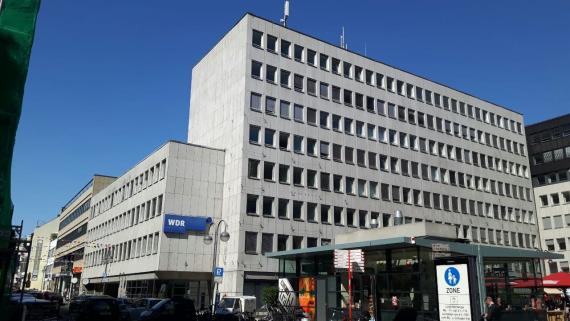
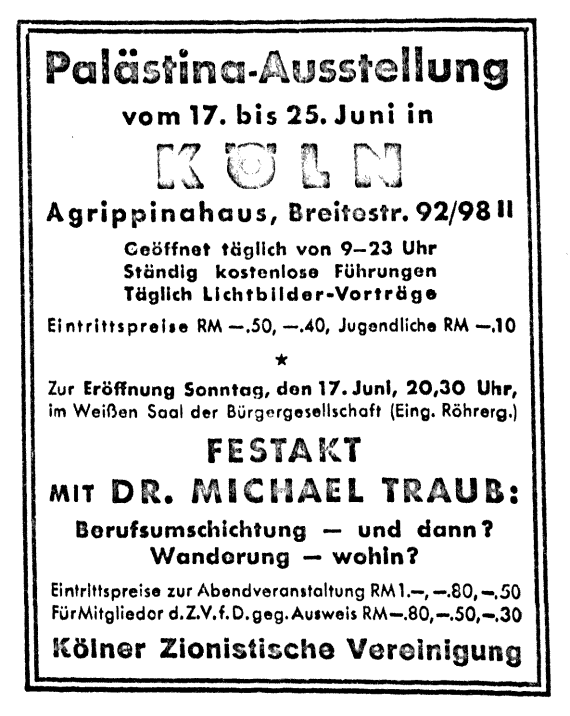
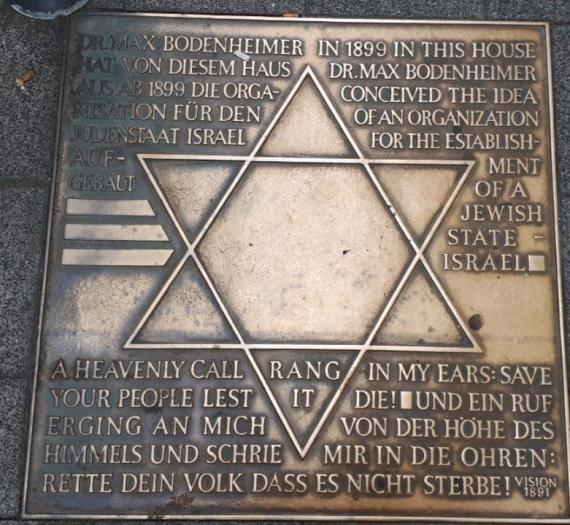
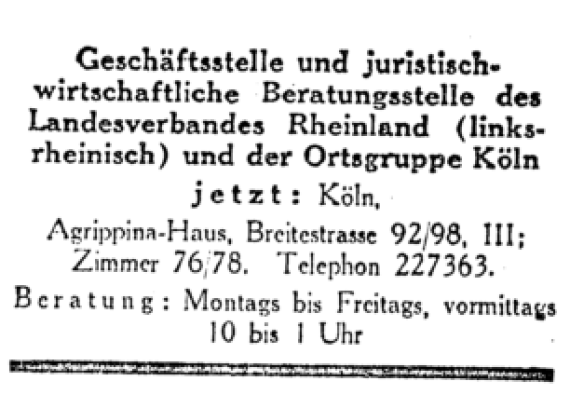
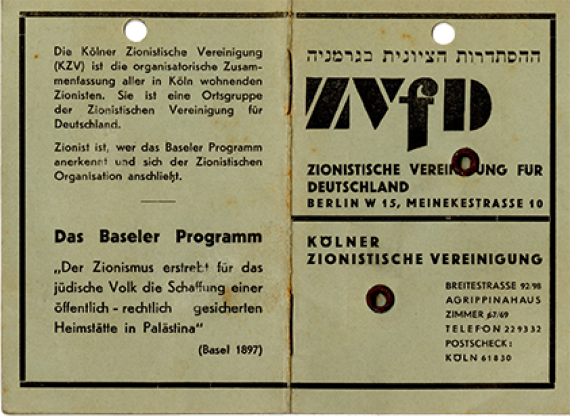
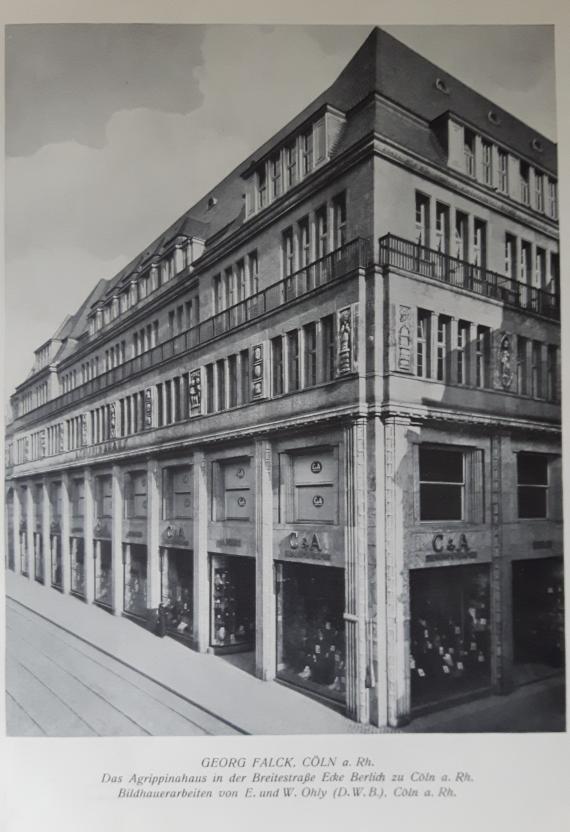
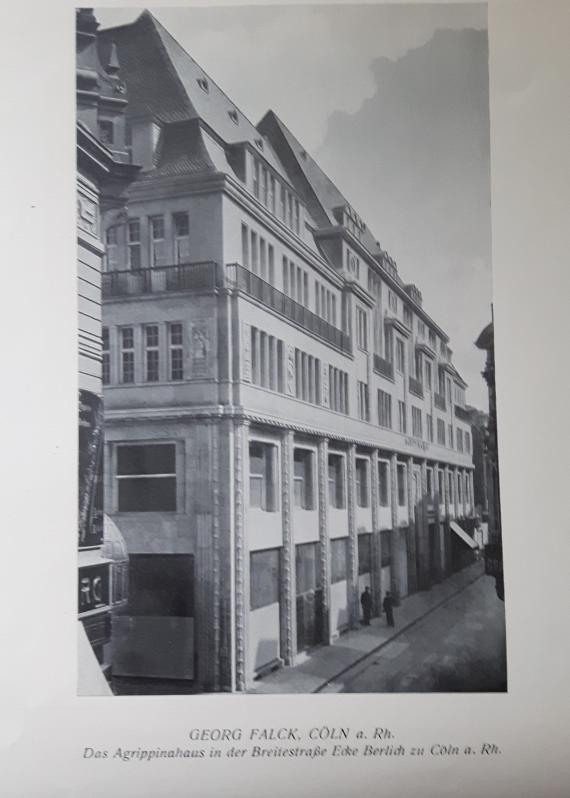
Add new comment